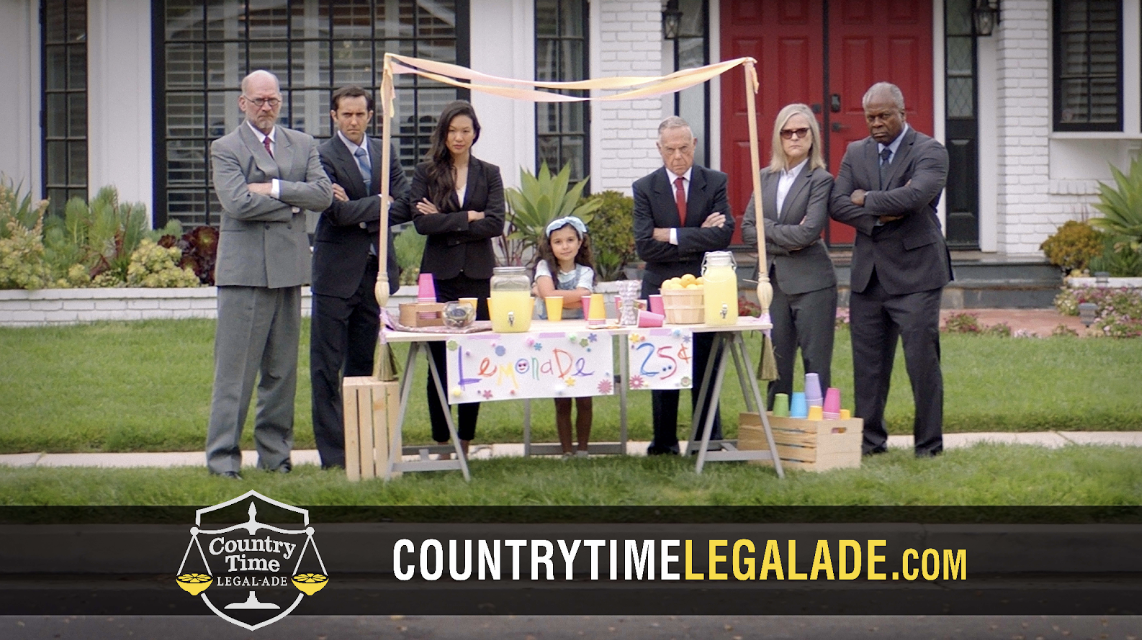When Big Lemonade Stood Up for Little Entrepreneurs

A few summers ago, an unexpected class of "criminals" emerged across America's suburbs: children. Their offense? Operating lemonade stands in their front yards without proper business permits. As temperatures climbed, so did reports of youngsters facing shutdowns and fines for the quintessential childhood entrepreneurial venture.
In Stapleton, Colorado, sisters Eliza, 6, and Emmeline, 4, had their lemonade stand shut down for operating without a permit. In Overton, Texas, two boys, Andria and Zoey Green (ages 7 and 8), had their stand closed by police for lacking a $150 peddler's permit. In Bethesda, Maryland, kids running a stand near the U.S. Open golf tournament faced a $500 fine. These weren't isolated incidents but a pattern emerging nationwide, sparking outrage from parents and communities who viewed these childhood enterprises as harmless summer traditions rather than regulatory violations.
Enter Country Time, the powdered lemonade giant, with an unexpected response that transformed a sour situation into a refreshing case study in creative brand activism.
Rather than simply watching from the sidelines, Country Time launched "Legal-Ade," a brilliant initiative promising legal and financial support to children whose lemonade stands ran afoul of local regulations. The campaign pledged to cover up to $300 in fines or permit fees for each affected young entrepreneur.
"When life gives you arcane laws, make lemonade," proclaimed their campaign, which featured a crack team of bow-tie wearing lawyers ready to defend these miniature businesses. The company established a hotline and website where families could upload images of their fines or permit costs for reimbursement.
What made this campaign truly innovative wasn't just the financial commitment, but the perfect alignment between brand identity and social purpose. Country Time positioned itself not as a corporate giant but as the defender of an iconic American childhood experience—one directly connected to their product. And rather than fighting competitors, Country Time identified a different adversary: bureaucratic overreach affecting their core consumers.
And beyond advertising impressions, the campaign changed the conversation around these regulations. Several states, including Texas, Utah, and Colorado, subsequently passed "lemonade stand laws" specifically exempting children's beverage stands from certain permit requirements.
The campaign succeeded by being authentic to the brand's identity while addressing a genuine pain point. Country Time didn't just make lemonade from regulatory lemons; they transformed a negative news cycle into a positive brand story that positioned them as champions of childhood entrepreneurship.
For business leaders, the lesson is clear: sometimes the most innovative solutions don't involve new products or services but rather finding unexpected ways to connect brand purpose with cultural moments. Country Time didn't need to create a new lemonade flavor to capture attention—they simply recognized an opportunity to stand for something meaningful that aligned perfectly with their brand heritage.
In the end, Country Time's "Legal-Ade" campaign wasn't just clever marketing—it was business strategy with bite.





